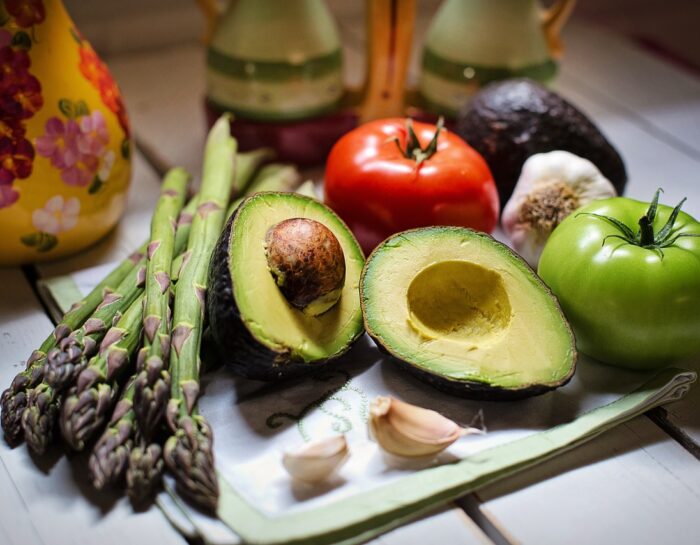By Chef K.T. Murphy
Are You Cooking The Nutrients Out Of Your Food?
There is a great deal of evidence that tells us that some cooking methods are not  appropriate for all foods. In fact, some foods retain all of their essential vitamins only when consumed raw. However, cooking does allow your body to digest other vital compounds more efficiently, making cooking a necessary part of a well-rounded, nutritious diet.
appropriate for all foods. In fact, some foods retain all of their essential vitamins only when consumed raw. However, cooking does allow your body to digest other vital compounds more efficiently, making cooking a necessary part of a well-rounded, nutritious diet.
More important than the “raw versus cooked” food debate is the method which you use to cook your food. How you cook your food will determine its nutritional value when it is ready to eat.
How Should I Cook For the Most Nutritious Food?
The thick cell walls of plants make the nutrients and vitamins contained inside of them difficult for our bodies to access. When you cook plant-based foods, those cell walls are broken down. Cooking some foods can increase your body’s ability to absorb specific nutrients as well as improve digestion of essential compounds such as antioxidants and proteins.
Cooking can, however, degrade some nutrients, with some cooking methods preserving food’s nutritional value better than others. Vitamins B and C are water-soluble, so cooking them for long periods of time in water will significantly reduce the presence of these vitamins in those foods.
In particular, boiling, poaching and simmering of most fruits or vegetables is not recommended because it removes a great deal of these critical vitamins from your fresh foods. Water-soluble Vitamin C can be retained by cooking these foods without water and at lower temperatures, or by eating them raw.
Other short cooking methods that can help you retain Vitamin C, beta-carotene, antioxidants, and other essential nutrients include microwaving, roasting, baking, steaming, and stir-frying. Each of these has benefits for particular foods and vitamins, but in general, the shorter cooking times and lack of water make these methods suitable for cooking many types of foods and for preserving their nutritional value.
Tips for Retaining Nutrients While Cooking
It is always advisable to use as little water as possible, avoiding long exposure to water at high heat for most vegetables. If you sauté or steam vegetables, use the liquid in the pan as a part of your recipe to still enjoy the nutrients lost to the water during cooking. Always use as little water as possible to cook foods.
When preparing vegetables for cooking, leave the peel on and leave the vegetables whole whenever possible. This will decrease the surface area exposed to water, thereby reducing the vitamin loss. You can always peel or cut foods up after cooking if you prefer to eat them that way.
Shorter cooking times preserve more nutrients than more prolonged exposure to heat. This allows the cell walls to break down, so you can access nutrients without degrading the food more than is necessary. Quick cooking techniques like stir-frying and microwaving are shown to decrease Vitamin C loss in many vegetables.
To Cook or Not to Cook?
It may seem impossible to make the “correct” choice between eating all food raw or cooking everything. In reality, eating a variety of foods, especially fresh fruits and vegetables as well as whole grains, nuts, and seeds as well as using a variety of cooking methods will give your body all the nutrients you need to be healthy.
Try to not always cook your vegetables the same way, as some cooking methods preserve certain nutrients but degrade others, and remember to eat raw foods regularly, too.
When you select varied cooking methods across time to prepare your foods, you will ensure your body has access to all the necessary vitamins and minerals your fresh food has to offer.
Tags: Chef K.T. Murphy, chef keith murphy, chef murph, Chef Murph TV, Chef Murphy, Chinese, Cooking The Nutrients Out, food, Foodist Networks, Global Fusion Americana, Recipes
